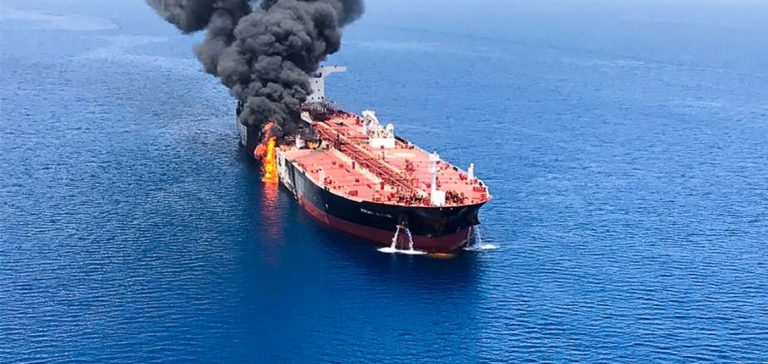A ship navigating the Red Sea was struck by an unidentified projectile in an area located 70 nautical miles southwest of Hudaydah, off the Yemeni coast. This incident, reported by the UK Maritime Trade Operations (UKMTO), occurred following a series of similar attacks attributed to the Houthis, a group supported by Iran.
First reported attack since early October
Before this event, the last reported attack in this area dates back to the beginning of the month, where two ships were damaged and another struck in the Indian Ocean. According to previous reports, these attacks coincided with the intensification of Israeli military operations in Lebanon.
Implications for maritime transport
Rising tensions in the region have prompted many shipowners to alter their routes, preferring to circumvent Africa rather than take the passage through the Red Sea, resulting in increased fuel costs and logistical fees. This situation arises amid escalating tensions between Israel and Iran, with potential consequences for maritime transport.
Evolution of oil transport costs
Speculations about potential disruptions in oil supply have led to an increase in transport rates. The cost for a 140,000 metric ton crude cargo on a Suezmax, connecting the Persian Gulf to the British continent, reached $27.27 per metric ton on October 9, representing a 17% increase compared to the beginning of the month, according to evaluations by Platts, a division of S&P Global Commodity Insights.
Persistent geopolitical risks
The Houthis, who began targeting commercial ships linked to American, British, and Israeli interests in November, continue to represent a serious threat to maritime security in the region. Risks remain high for commercial ships operating in the sector, particularly amid tensions between Israel and Hamas, as well as Iran’s involvement, the third-largest producer in OPEC.






















